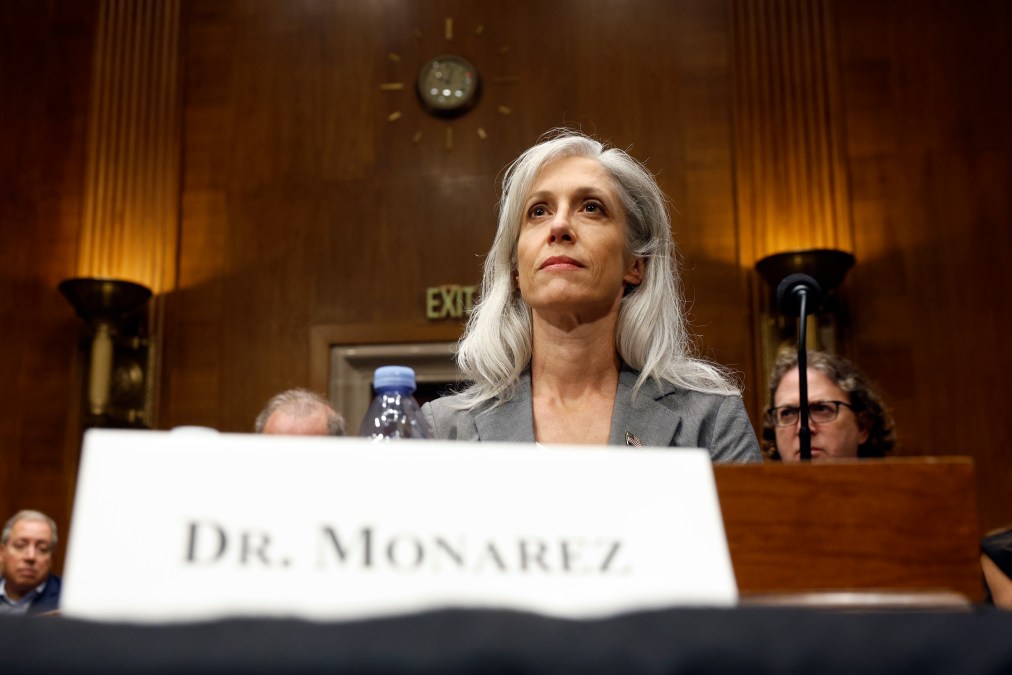Former director of the Centers for Disease Control and Prevention (CDC), Susan Monarez, testified that Robert F. Kennedy Jr. exerted pressure on her to approve vaccine policies without scientific backing. This statement was made during a hearing on August 30, 2023, before the Senate Committee on Health, Education, Labor and Pensions. Monarez’s claims of misconduct shed light on the controversial environment within the CDC that led to her dismissal.
Monarez, who led the CDC for only about a month before being terminated, stated that directives from the Secretary of Health and Human Services were in violation of her professional obligations. She alleged that Kennedy instructed her to agree in advance to all recommendations from the Advisory Committee for Immunization Practices, irrespective of the available scientific data.
“He directed me to commit in advance to approving every recommendation, regardless of the scientific evidence,” Monarez remarked during her testimony. She recounted that Kennedy also demanded the dismissal of career officials responsible for vaccine policy without justification. “If I was unwilling to do both, I should resign,” she stated, emphasizing that she could not approve recommendations without thorough evidence or dismiss experts without cause.
Monarez’s Dismissal and Its Aftermath
Monarez’s refusal to comply with these demands ultimately led to her ousting. Following her termination, multiple officials within the CDC, including then-Chief Medical Officer Dr. Debra Houry, resigned in protest. Monarez’s legal representatives asserted that she was targeted for refusing to endorse what they termed as “unscientific, reckless directives.”
Additionally, a group of nine former CDC leaders condemned Kennedy’s actions in a New York Times op-ed, stating that his behavior posed a risk to public health. They echoed Monarez’s concerns about the integrity of vaccine policy being compromised by political interests.
Monarez’s testimony has raised questions about the influence of political figures on scientific agencies. During her time at the CDC, she noted that Kennedy expressed frustration when she declined to pre-approve policies that lacked empirical grounding. She reiterated, “Vaccine policy must be guided by credible data—not predetermined outcomes.”
This controversy reflects broader concerns regarding the politicization of public health institutions. As the dialogue continues, the implications of these allegations may extend beyond individual careers, potentially affecting public trust in health policies and agencies.
The Senate committee is expected to further investigate these claims, focusing on ensuring that scientific integrity remains paramount in decision-making processes within public health organizations.
